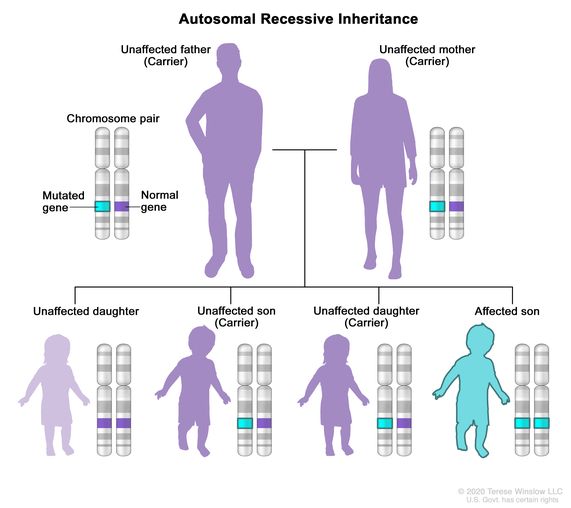MAP
A rare, inherited disorder in which multiple polyps (abnormal growths) form on the inner walls of the colon and rectum. People with MAP usually develop fewer than 100 colon polyps, and polyps may also occur in the stomach and small intestine. People with MAP have a high risk of developing colorectal cancer. They may also be at increased risk of developing cancers of the stomach, small intestine, ovary, endometrium, bladder, liver, thyroid, and skin. MAP is caused by mutations (changes) in the MUTYH gene that are inherited in an autosomal recessive manner. It is a type of hereditary cancer syndrome. Also called MUTYH-associated polyposis.
